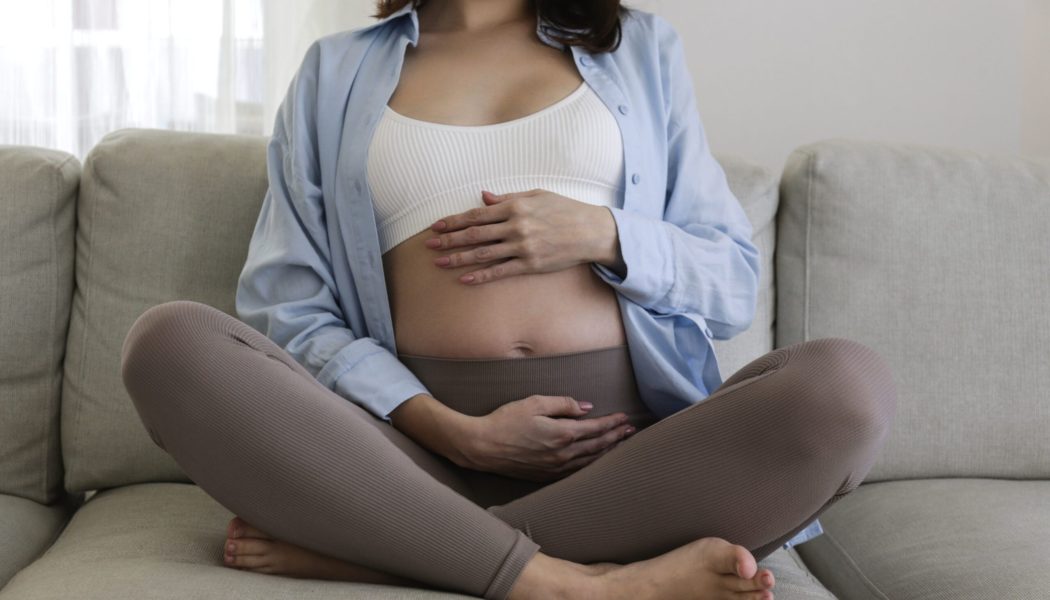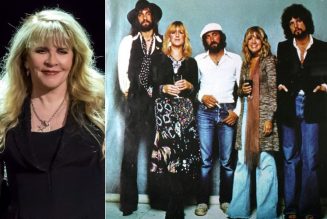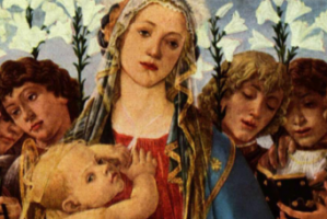
There is a video circulating on social media of an octogenarian woman offering her best advice. She is clad in large, chic glasses and chunky jewelry. To live her best life, she explains, a woman needs to be as independent as possible: no men, no children, lots of money, and lots of friends. As I watched, I was amazed at how compelling she was. And clearly, I’m not the only one — with thousands of comments affirming that this woman is a living sage.
I recall hearing similar advice as a teenager. It was shiny and seductively simple. The belief that I, too, could become this idealized independent woman welled up in my adolescent heart. “I don’t need anyone,” I told myself as I looked brightly toward the future and all the important things I imagined I would do.
The problem, of course, is that this advice isn’t actually wise. It’s an adolescent notion often found among the lyrics of a Madonna or Taylor Swift song. It is a mind pill that at first tastes sweet but quickly sours. The longer it is lived, the harder it is to escape. This isn’t the wisdom of a woman who has lived a long and challenging life that she executed with compassion, faithfulness, and patience in service to others.
The lie of independence, sown deeply into our mindset, has been sold to women for centuries. In the early 1800s, Percy B. Shelley was the first to prescribe a new life of freedom without the emotional strings or demands of family. Shelley was anxious to usher in the “women’s revolution” to free every woman from fertility’s shackles. Shelley’s philanthropic vision had the added bonus of making him a clear beneficiary of all the women he conned with the promise of freedom and “free love.” His wives, lovers, and their resulting children paid the price, with several women killing themselves and a string of dead children he fathered buried across England and Europe.
What feminists and cultural mavens have long tried to cover up is that the female heart is made for family and motherhood. Betty Friedan, in her 1981 book The Second Stage, recognized that her vision of total independence first promoted in The Feminine Mystique didn’t quite work. Women told her that they were tired of working long days and then coming home to an empty apartment. They were lonely. Betty’s solution was for women to create their own family wherever they found it.
Aided by no-fault divorce, women have been obedient to Betty’s vision of the just-add-water family, be it same-sex couples, throuples, pets, or petri dish progeny. The female desire for thick relationships didn’t evaporate; it just took on new, fluid, and often bizarre forms, taking Shelley’s dream of free love to places even he could scarcely imagine. The fad hasn’t waned over time as aging baby boomers hold fast to their 1960s commitment to uncommitted sex, with geriatric STDs skyrocketing. The no-longer necessary pill of postmenopausal women has been replaced by the “little blue pill” popped like candy by elderly men.
On a personal level, all of this appears innocuous enough. Live and let live, right? But if one shifts the lens wider to a national scale, crises quickly emerge. The problems that most haunted us as a nation are all related to women’s fertility: abortion, in vitro fertilization, surrogacy, and even immigration. American women are not having enough children, so immigrants are required to fund government spending. It seems the whole world, from Beijing to Brownsville, is suffering from women abandoning motherhood, as huge population shifts across borders are accompanied by unrest, crime, disease, and poverty.
There has long been the belief that economic concerns drive elections, captured in 1992 by James Carville’s statement “It’s the economy, stupid.” But a look around today’s political and cultural landscape offers a fresh point of view: It’s women’s fertility, stupid.
Women’s fertility also affects voting. Abortion as a political issue has women by the fallopian tubes. The Supreme Court’s Dobbs v. Jackson Women’s Health Organization decision made it clear that any reasonable discussion about curtailing the million of abortions performed annually in the United States sends a majority of women into panic. Blindly following the pied piper of “choice,” many are now single-issue voters. The ideal of independence has pushed women to fight for abortion and their right to kill their own children with the fierceness once reserved for protecting them.
The engine driving the fertility fiasco is the empty promise of sexual and financial freedom now believed by most women and endorsed by bad men. It sits well in the adolescent heart, but at some point, the adolescent needs to grow up and realize that life is about much more than having a lot of friends, flying first class, and being able to fit into leather pants. The female heart is made for much more.
CLICK HERE TO READ MORE FROM THE WASHINGTON EXAMINER
Women throughout history demonstrate our capacity to give ourselves to others and to receive more in turn than what is offered by superficial material trappings. A woman’s heart is made to dig deep when life is challenging, when the needs of others can be met by her own, and when her attention, care, and presence are needed by the littlest among us.
Women’s fertility and the family are what make the world go round. They are the basic cell of any flourishing civilization. As we now witness daily, without them, everything simply falls apart.
Carrie Gress, Ph.D., is a fellow at the Ethics and Public Policy Center and a scholar at the Institute for Human Ecology at the Catholic University of America. She is the author of numerous books, including Theology of Home and The End of Woman (Regnery, August 2023).









